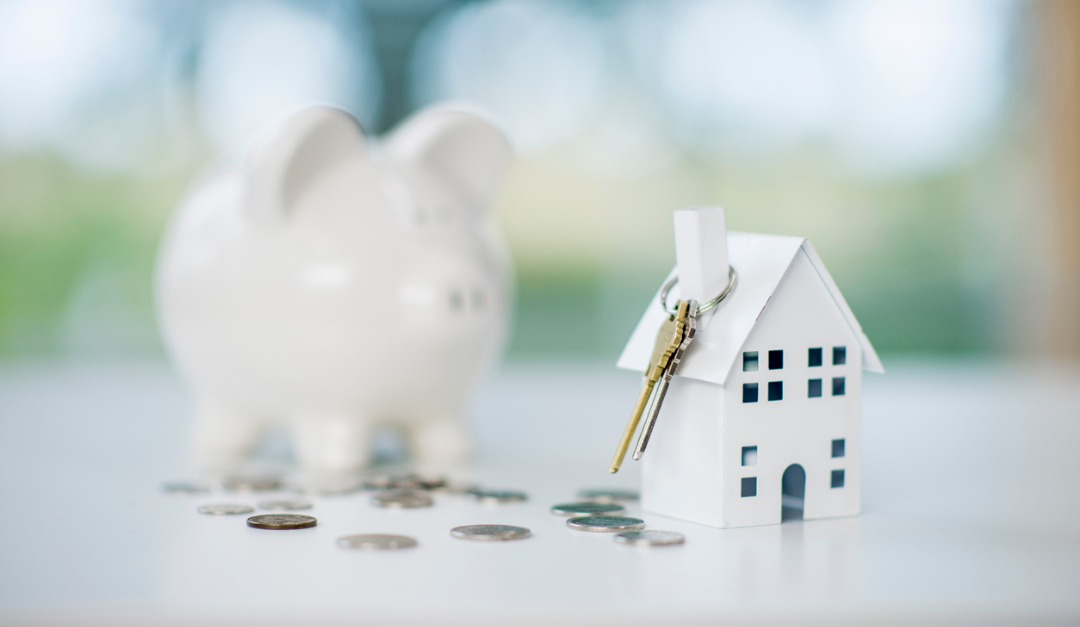Buying your first home is an exciting transition, but a home will be one of the largest financial investments you will make. Making sure that you are as prepared as possible is key. Saving for your home may feel like a big undertaking, but there are a few tricks you can use to make it easier.
Determine Your Budget
No good financial decisions can be made without a proper budget. Assess your most vital expenses and go from there. Ensure that you have a dedicated savings account for emergencies (experts recommend that you have at least three months of your income saved) and a separate savings for your future downpayment. Check with a financial planner to help you make the most of your budget long-term.
Address Your Debt
Debt can prevent you from achieving your house-buying dreams in two ways. First, and most obviously, bills for excess debt detract from your monthly budget. Secondly, if your debt-to-income ratio is unfavorable, you will be prevented from getting a mortgage or a reasonable rate when you go to buy a home. Address your debt selectively. You may be tempted to pay everything off before buying a home, but closing accounts can have a negative effect on your credit as well. Keeping lines of credit open, but with low balances, can be an excellent way to ensure a high credit score and a low monthly bill.
Do Your Homework
Saving for a home is a great goal, but you must be specific. Do your homework and check your area’s housing market. Additionally, find out what assistance you may qualify for. Between grants and FHA loan options, you may find you don’t need to save a standard 20 percent for a downpayment. Shop around and be sure you find a broker that will go the extra mile to find you the best deal.
A little research and some great planning can guarantee that you will be holding the keys to your dream home before you know it.











